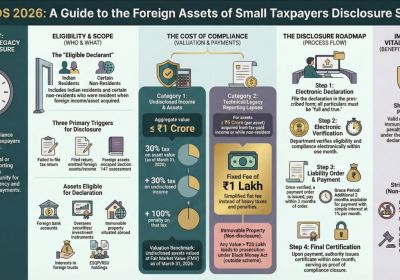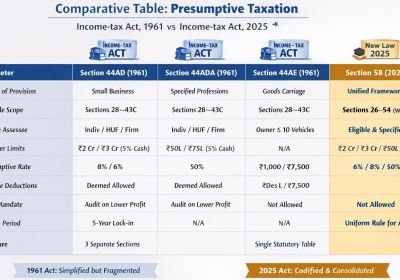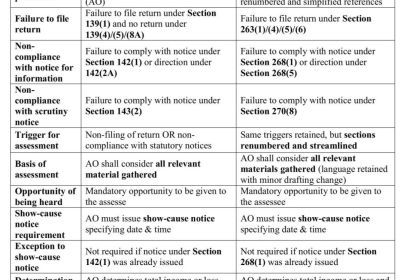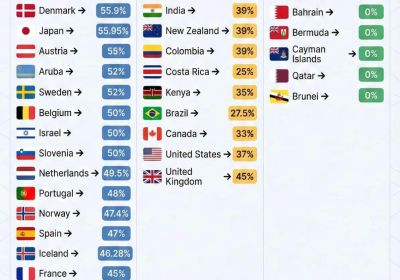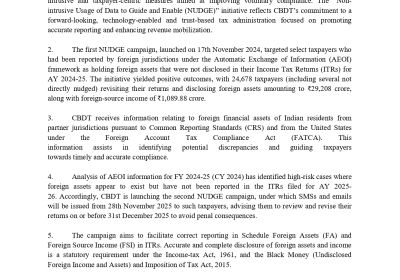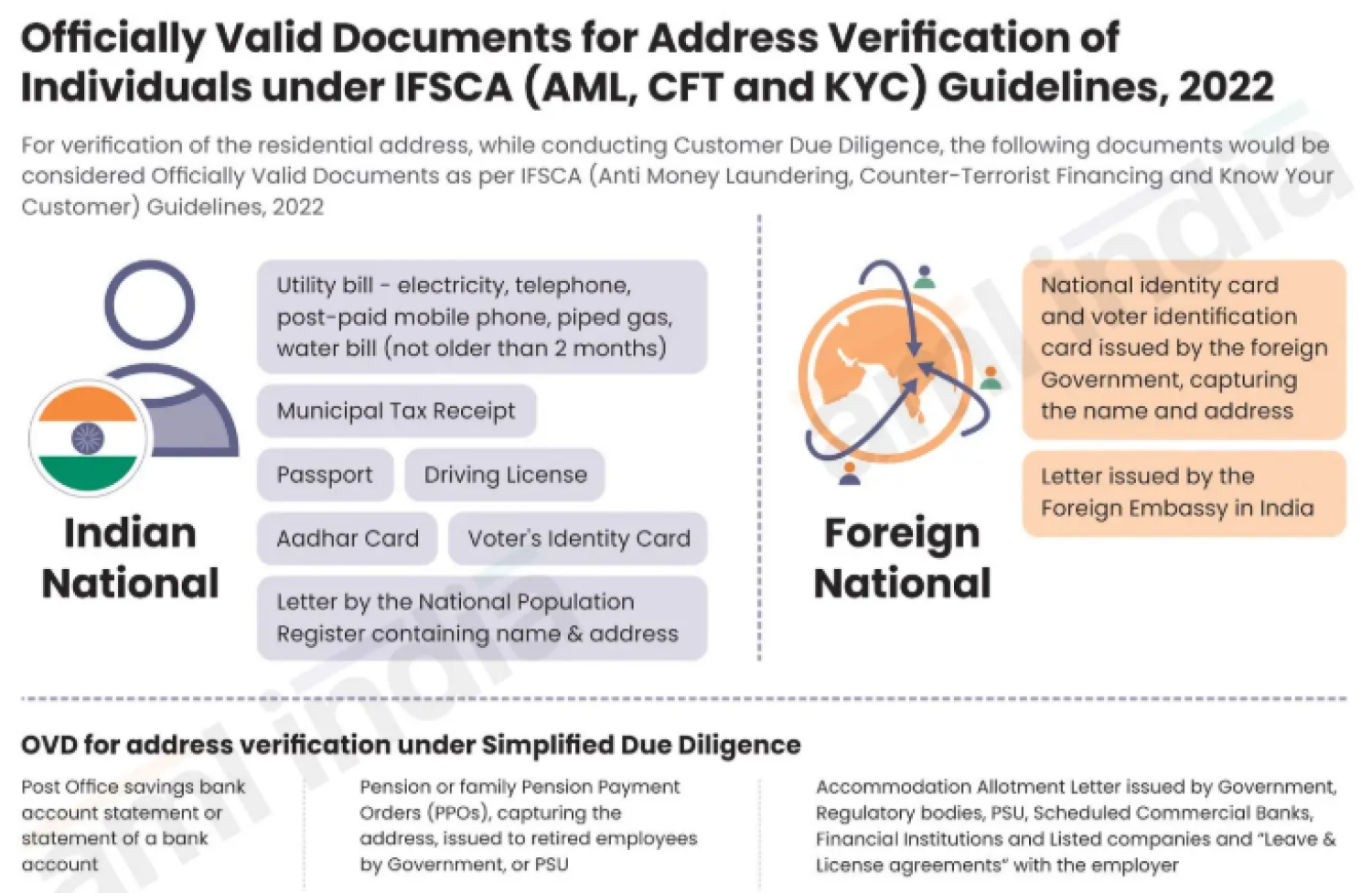Table of Contents
- Penalty U/s 270a& 270aa Related To Income Under-reporting & Misreporting
- Section 270a - Penalty For Under-reporting And Misreporting Of Income:
- Difference Between Income Misreporting And Underreporting:
- Penalty For Misreporting Of Income And Underreporting Of Income:
- Summary Of Case Laws On Penalty For Under-reporting & Misreporting Of Income

Penalty U/s 270A& 270AA related to income under-reporting & misreporting
Penalty U/s 270A& 270AA provisions & case laws illustrate the strict penalties for misreporting, the potential relief available under Section 270AA, and the importance of precise and justified assessment orders. Section 270A plays a significant role in the Income Tax framework by penalizing underreporting and misreporting of income. Section 270A of the Income Tax Act is a crucial provision that addresses the penalties imposed on taxpayers for underreporting or misreporting income in their ITR. Given the Income Tax Dept's increased focus on accurate reporting, particularly for salaried taxpayers,
Section 270A was introduced by the Finance Act of 2017. It empowers the Assessing Officer to impose penalties on individuals or entities that underreport or misreport their income in their ITR Here’s a concise summary of the penalty provisions and immunity related to under-reporting and misreporting of income under the Income Tax Act, along with key case laws & it's implications of Section 270A & Section 270AA.
Section 270A - Penalty for Under-Reporting and Misreporting of Income:
- Under-Reporting Meaning: When disclosed income is less than actual income, often due to errors or poor record-keeping. i.e. If fail to disclose any portion of income in books of accounts or ITR, In case filed any ITR but income computed by tax dept is more than basic exemption limit. In case Income computed by Tax dept is more than income computed & declared under special tax sections 115 JB or sections 115JC, If fail to disclose any portion of income in books of accounts or ITR, In case filed ITR but income assessed by the ITO is more than that reported in ITR.
- Misreporting Meaning: When incorrect information is provided about the nature, source, or amount of income, including falsifying income details or improperly claiming benefits. i.e In case Recording of false entries in the books, If Failure to record investments in the books, In case Misrepresentation or suppression of information, In case Failure to report any international transaction or deemed to be an international transaction, In case claim of expenditure without any evidence, Failure to record receipt in books,
Difference Between Income Misreporting and Underreporting:
- Underreporting: This occurs when an individual declares less income on their tax return than what they actually earned. It often results from errors, omissions, or poor record-keeping.
- Misreporting: This is more serious and involves furnishing incorrect or misleading details about income on a tax return. It includes falsifying information, incorrectly stating the source or amount of income, or claiming deductions that are not legally permissible.
Penalty for Misreporting of Income and Underreporting of Income:
- Penalty for Misreporting of Income: If under-reporting is due to misreporting of income (such as providing incorrect information about nature, source, or amount of income), Penalty is 200% of the tax payable on the under-reported income.
- Penalty for Under-Reporting Due to Other Circumstances: If under-reporting occurs due to reasons other than misreporting (e.g., errors, miscalculations, or poor record-keeping), the penalty is 50% of the tax payable on the under-reported income. Individuals & Companies: Both can face penalties for underreporting income. Deliberate underreporting can result in: Financial penalties, Criminal charges Or both.
- Penalty on Undisclosed Income: If the tax authorities discover undisclosed income, a penalty of 30% of that income is levied. To avoid further penalties or prosecution, the taxpayer must: Confess to the undisclosed income, Disclose the source, Pay the due tax and interest within the specified time frame.
- Additional to Tax: The penalty under Section 270A is in addition to the tax due on the under-reported or misreported income. This distinction ensures that intentional misreporting is penalized more severely than unintentional errors.
Time Limit for Imposing Penalty (Section 270A): The time limit for imposing a penalty under Section 270A is six years from the end of the relevant assessment year.
Section 270AA : Immunity from Penalty: Eligibility of Immunity from Penalty is Available only for under-reporting, not for misreporting., Tax and interest must be paid within 30 days of the notice of demand and No appeal should be filed against the assessment or reassessment order.
Summary of Case Laws on Penalty for Under-Reporting & Misreporting of Income
- GE Capital US Holdings Inc. (2024): Immunity u/s 270AA can be denied only in cases of misreporting. If the show cause notice doesn’t specify misreporting, immunity may be granted.
- Schneider Electric South East Asia (HQ) PTE Ltd Vs ASSISTANT COMMISSIONER OF INCOME TAX (Honorable Delhi High Court): The Income Tax Dept / Revenue merely mentioned misreporting without specifying how Section 270A(9) applied. The penalty u/s Section 270A was quashed as the assessment lacked proper justification.
- Chitra Ramanathan Vs Income tax officer (Honorable ITAT-Chennai): The Assessing Officer failed to address the assessee's response adequately and imposed a 200% penalty without proper reasoning. The penalty order was deemed unsustainable.
- NIRMAN OVERSEAS PVT. LTD. (Honorable Delhi High Court): The assessee sought immunity under Section 270AA, but the Assessing Officer did not pass an order within the statutory timeline. Honorable Delhi High Court emphasized that the section's purpose is to recover tax & reduce litigation.

